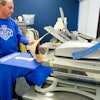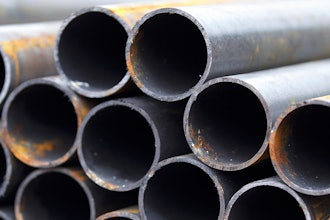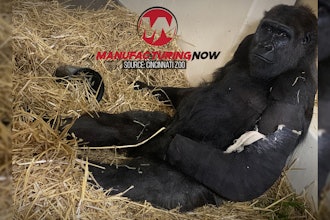GENEVA (AP) -- The world's two biggest aircraft makers said Tuesday they were pushing ahead with the development of planes that run on eco-friendly biofuels despite the economic downturn.
Boeing Co. and Airbus say they are not planning on making their own alternative fuels, but are working with ethanol and other biofuel producers to make planes ready for the new technologies in the coming decades.
The sharp drop in oil prices since the start of the global recession has raised concern that the development of fuel-efficient jets may stall. The airline industry is also being squeezed by plummeting passenger numbers.
"The economic downturn doesn't lead to any change in our product strategy," said Christian Dumas, vice president for sustainable development at the Toulouse, France-based Airbus.
He said the airline industry has to think long-term because an aircraft's life span is typically 30 to 35 years
"We are not going to diminish our efforts in research and development," Dumas told The Associated Press in Geneva, where he was taking part in a meeting on aviation and climate change.
Boeing has already made several successful test flights using plant-based oils that Bill Glover, the Chicago-based planemaker's environment chief, says are as good as or better than normal jet fuel.
Even if oil has fallen to $50 a barrel from over $100 a year ago, fuel remains the biggest cost for airlines and it makes sense to continue investing for the future, he said.
"The price won't stay there," Glover told The AP. "If airlines can make improvements then when the price goes up, they're not hit as hard."
Airlines don't have much leverage to negotiate prices with major petroleum companies. The biofuels industry is much smaller and could provide airlines with an opportunity for tailored rates as they play a bigger part in determining demand, Glover said.
Boeing expects biofuels to be certified for regular use in three to five years, Glover said. He predicted that most airlines would use it in some planes by 2015.
Dumas of Airbus was more cautious. It will take until 2025 before biofuel accounts for even a quarter of the fuel airlines use, he said, adding that much depends on how quickly producers can generate enough fuel.
"My advice to the biofuel business community is: 'Please guys, standardize,'" Dumas said.
Governments can help speed up development by giving more financial support to promising technologies, he said.
The plane makers do not see investment in biofuel production as their role.
"It's not currently part of our plan," Dumas said.
"It would be better for us to work as a facilitator and help a lot of people get success," Glover said.






















